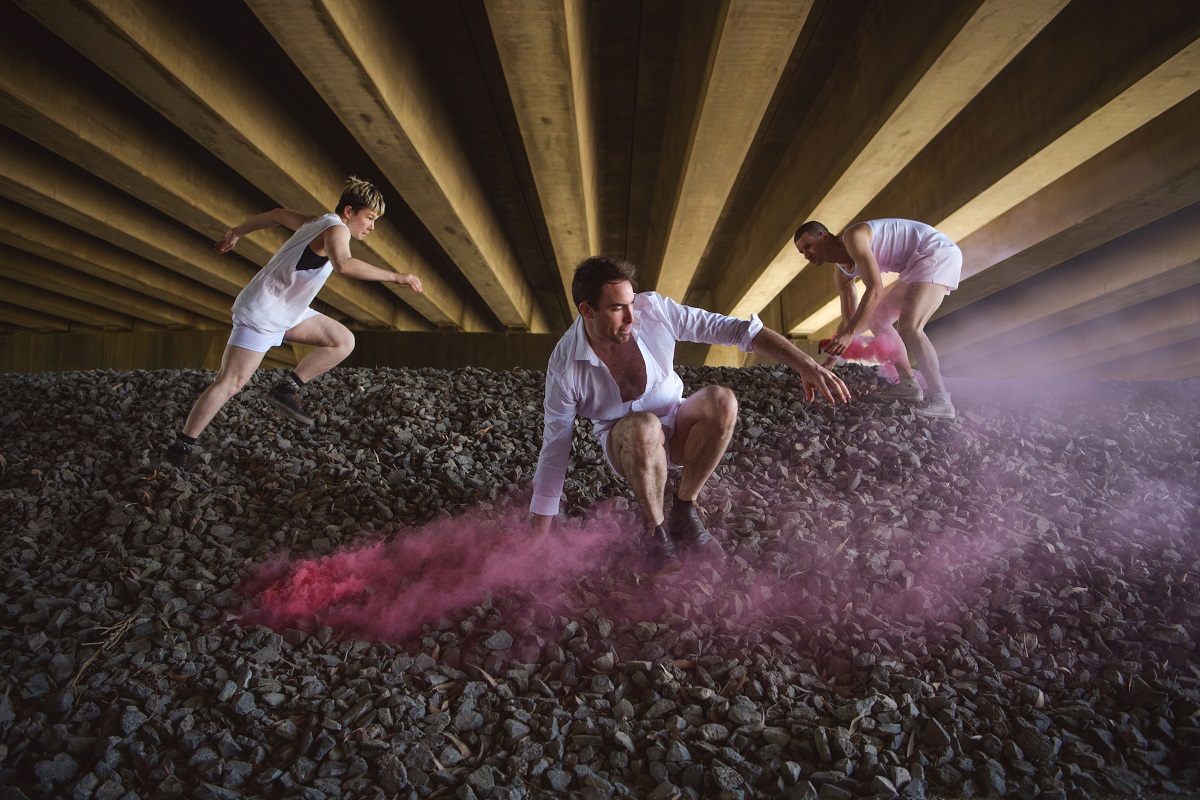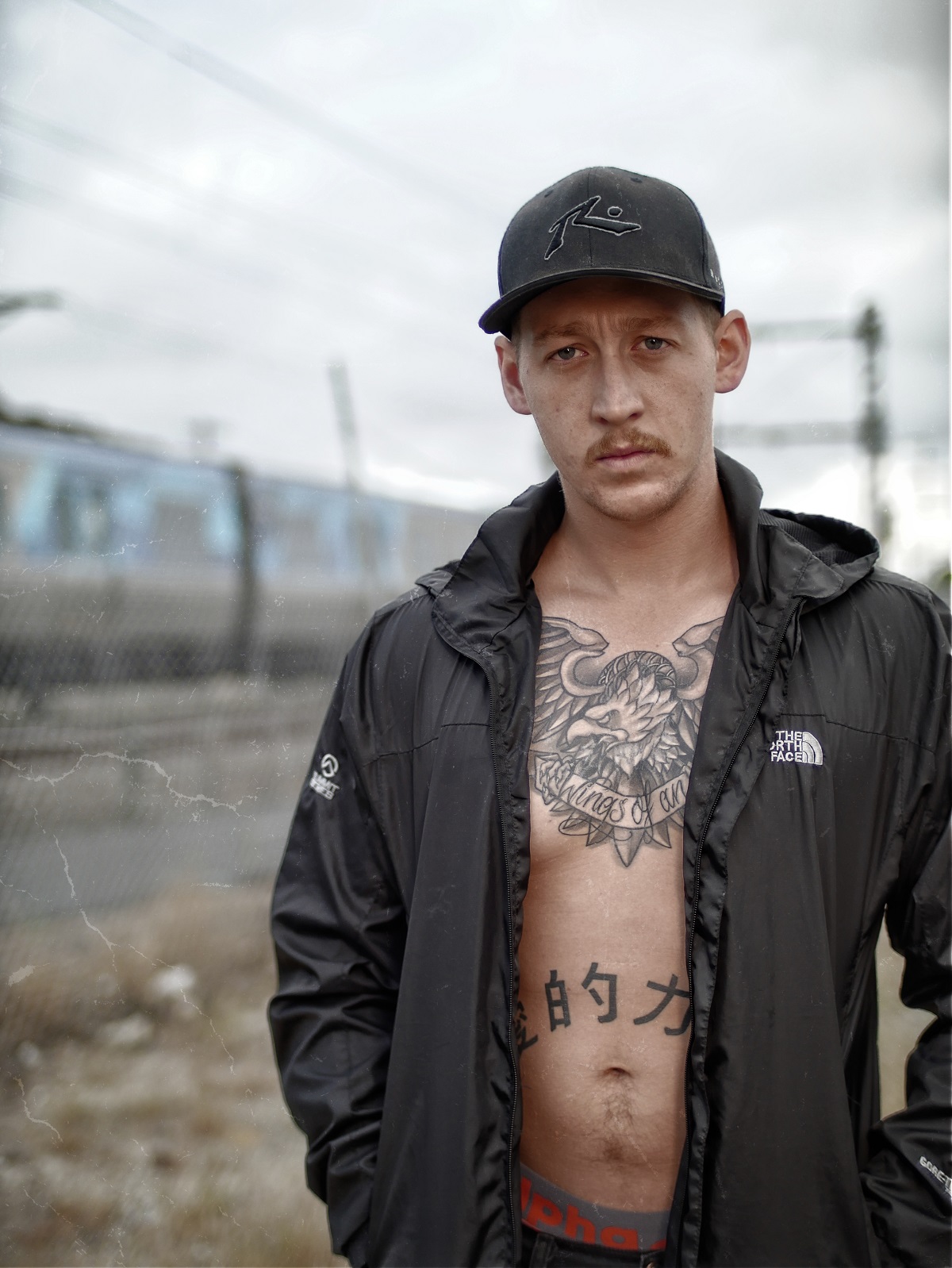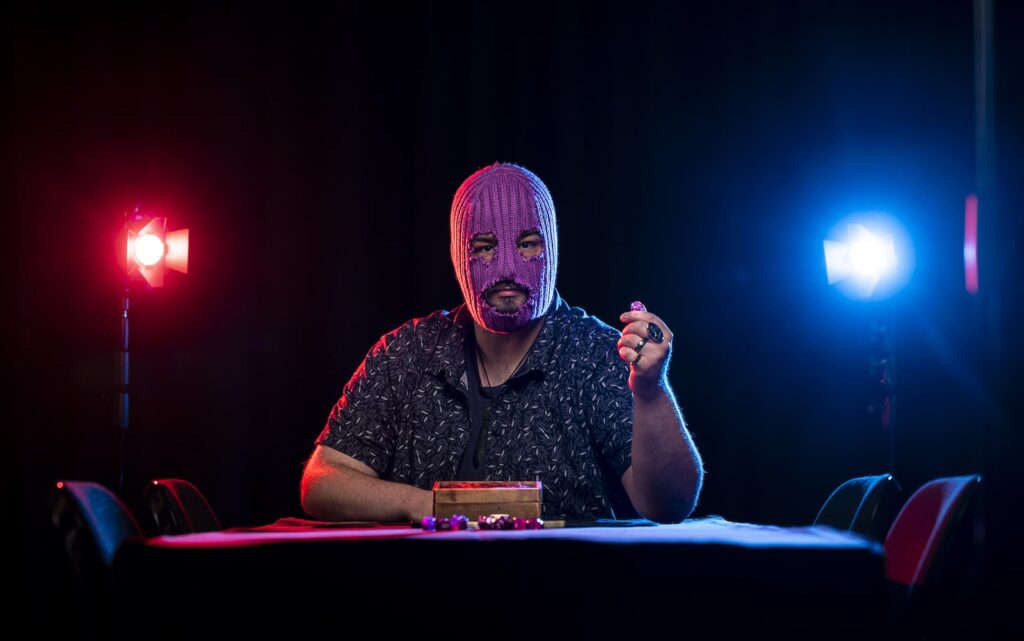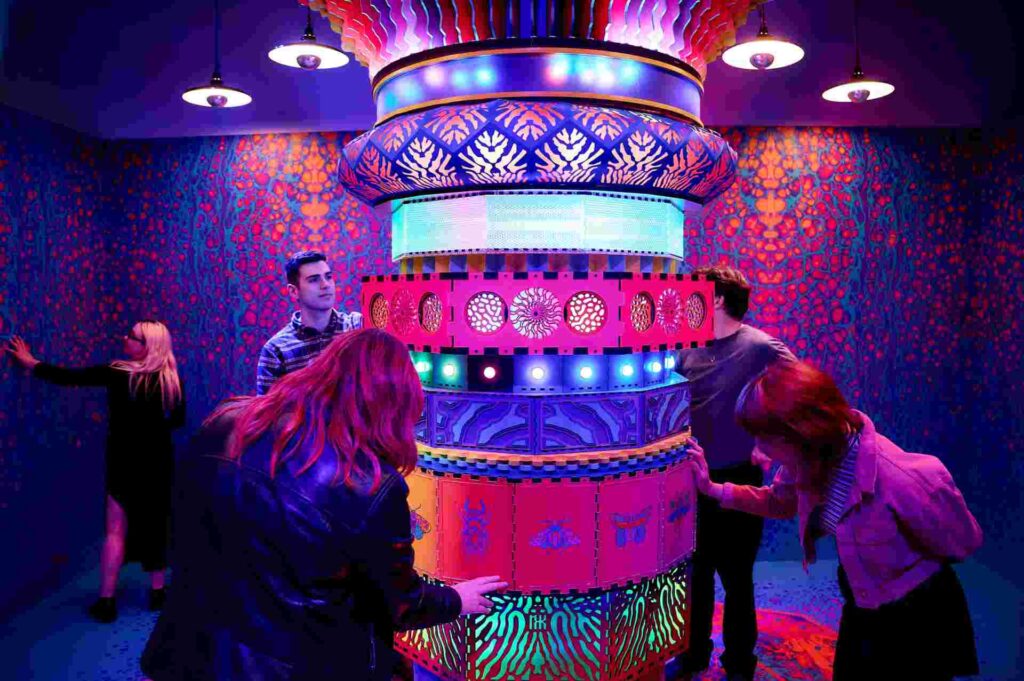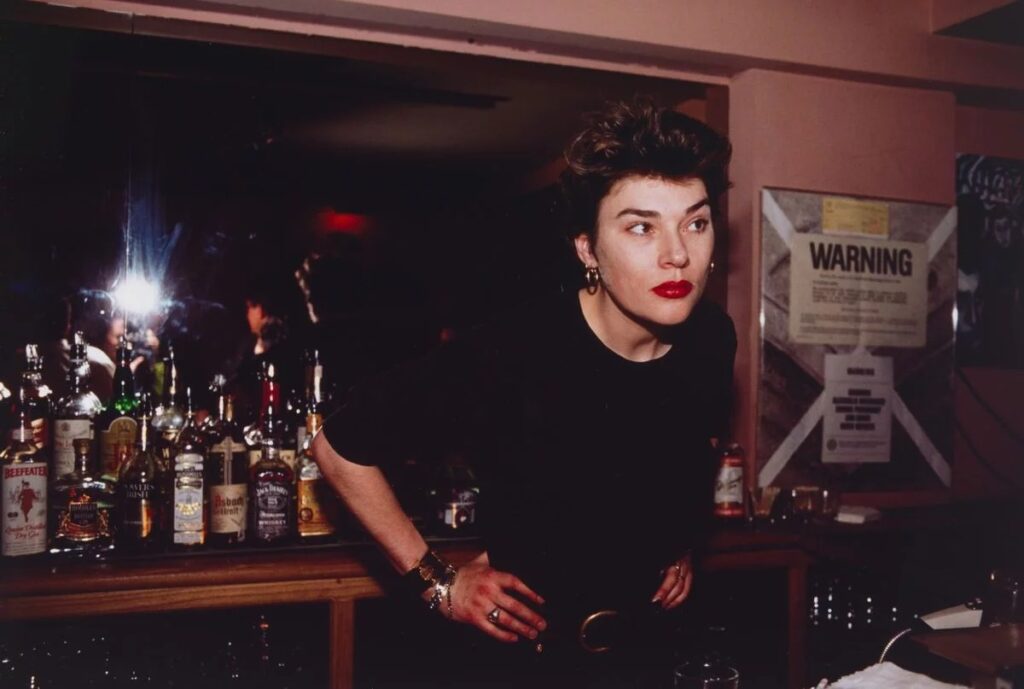Zak Pidd and Charles Purcell have always wanted to make a Next Wave show, having been patrons of the festival for years. They are finally making the dream a reality this year with the debut of their stage production, Apokalypsis. It’s the most ambitious work Purcell has ever been a part of.
“We wanted to make a show about climate change, but we really wanted to focus on our generation’s attitude towards it,” he says. “We were both also interested in failure onstage as a device. We’re really interested in how that can be used to reflect the world that we’re living in and so, essentially, to talk about how humanity is tackling or not tackling climate change and the challenges with that. We had to set ourselves a task in a theatrical context that was so huge we would inevitably fail.”
The show is quite a feat, delving through 100 historical disasters in 60 minutes, with the Earth serving as the protagonist in the story. Purcell says the reason they wanted to cover so many moments in history was so that they could flick through a number of events that are telling the narrative, but don’t go any deeper than a brief flash.
“The inherent flaw in that is as soon as [you] put anything into a list format, there’s an implicit suggestion that this list is comprehensive, which of course it’s not,” Purcell says. “Any curation of a list, especially with history, is subjective and biased, so the challenge has been to curate a list of events that are telling the story we want to tell and put focus on a theme that we want to draw attention to. But also to acknowledge within that, that this is a version of history and not the version of history.”
Pidd and Purcell initially pitched the idea to Next Wave in late 2016 and have been working with the festival’s Kickstart Helix program to develop and build their skills and idea. They both praise the program and the festival, in terms of its support, diversity and ambition, expressing that Next Wave is known for exceptional works by young artists with something to say about the world and are willing to take risks with their work.
“I think there’s a lot of stuff about being younger and inheriting older systems that maybe need to be changed up,” Pidd says. “There’s a lot of work around being young and being an artist in the system and in a world that you have to fight against to exist. Every work is different, but that’s the resounding theme. Next Wave really harbours and nourishes that sort of thinking, with young up-and-coming artists, letting them speak about how they sit in the world.”
Pidd and Purcell want the show to be as much about hope and self-care as it is about relaying information. With a topic that can come across as despairing, the goal of the show is to get audience members talking about the issues and what they can do to help move forward. Pidd says that he doesn’t necessarily think that one single answer will come out of the show, but that it’s about taking the time to have discussions about climate change and finding answers together – as opposed to yelling answers at an audience.
“We have to make a show that doesn’t strip people of their hope, because without hope, what are we? What do we have? Finding that balance is really tricky,” Purcell says.
As a production that’s been in the works for over a year, Pidd and Purcell are looking forward to it finally being seen on the big stage. Afterwards, Purcell wonders if he will be able to put the show on again or tour it.
“It’s quite a large scale, ambitious work. I would love to tour it, but there may be a conversation to be had around scaling it down slightly,” he laughs. “Maybe a smaller version would be more viable.”
